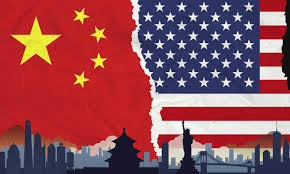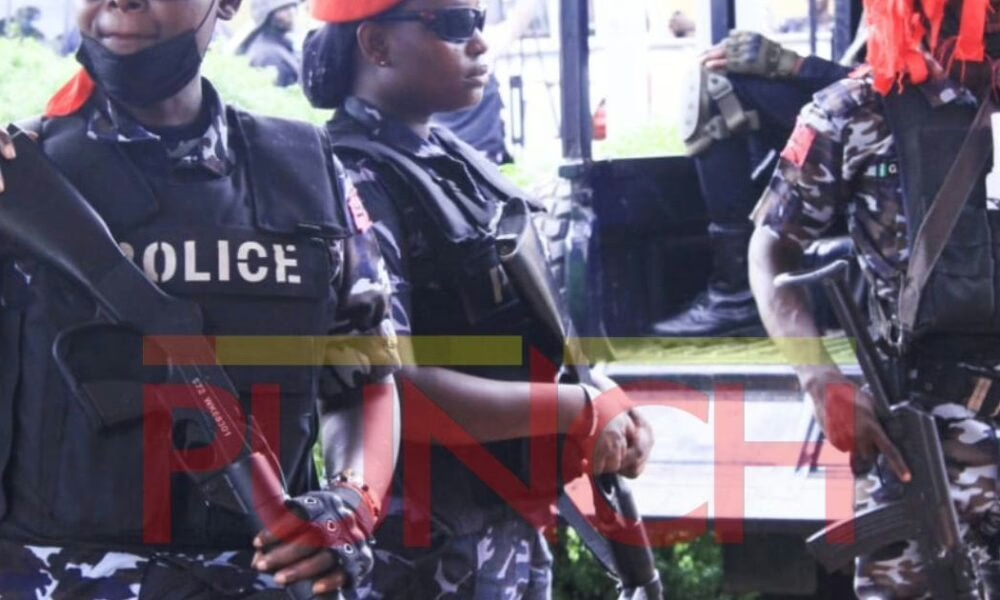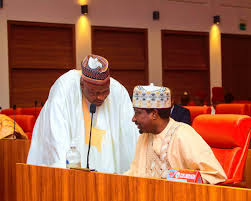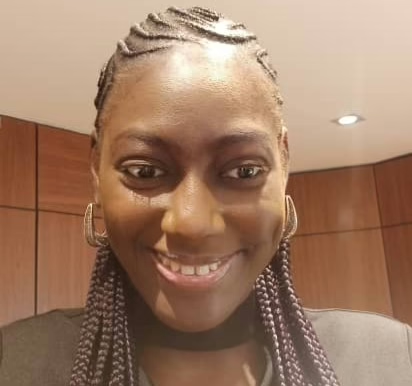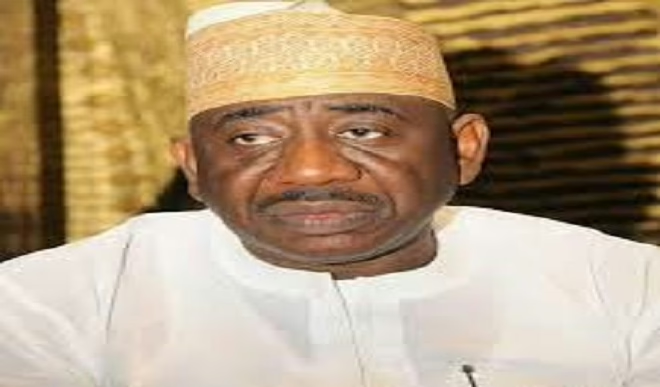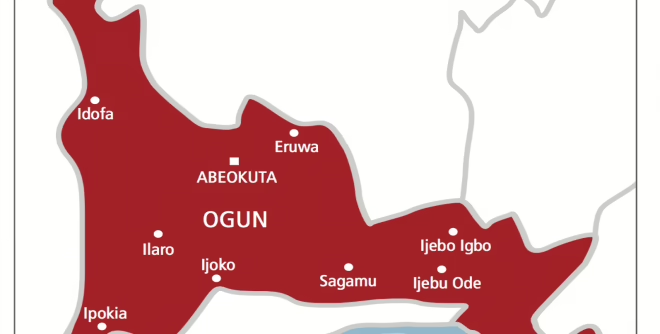Atiku Abubakar
The Presidency on Monday said the ongoing demolition of buildings to pave the way for the Lagos-Calabar highway will not deter foreign investments into Nigeria.
It also said the president’s son, Seyi Tinubu, a board member of Ogun state-based tile and sanitary ware manufacturer CDK Industries Ltd, poses no conflict of interest to the project.
The Presidency was responding to comments by the flagbearer of the Peoples Democratic Party in the 2023 elections, Atiku Abubakar, who alleged that the Coastal Highway project is being expedited solely due to the business ties between President Bola Tinubu and Gilbert Chagoury, the owner of the highway contractor, Hitech Construction Company.
In a statement signed by Tinubu’s Special Adviser on Information and Strategy, Mr. Bayo Onanuga, the Presidency said, “We found it strange that Alhaji Atiku could accuse President Tinubu of conflict of interest in the award of Lagos-Calabar Coastal highway to Hitech Construction Company which he claimed is owned by Chagoury family because the President’s son, Seyi Tinubu, sits on the board of CDK, a tiles manufacturing company, based in Sagamu, Ogun State.”
The statement is titled, ‘Atiku Abubakar’s penchant for distorting facts.’
On Sunday, the former Vice President (1999 – 2007) argued that the lack of proper notification regarding the demolition of tourist and recreational amenities, as well as other properties within the Oniru corridor, including sections of Landmark in Lagos State, to facilitate the construction of the Coastal Highway, is a key factor contributing to Nigeria’s ongoing struggle to attract foreign direct investments.
The ongoing development of the Lagos-Calabar Coastal Highway has attracted immense criticism and approval as the Lagos state government continues to demolish numerous facilities to expedite construction.
The Minister of Works Dave Umahi has regularly backed the demolitions, saying they are necessary to enforce the government’s right-of-way.
However, the Presidency disagreed with Atiku. It asserted, “Various sectors of Nigeria’s economy, such as telecoms, manufacturing, solid minerals, oil and gas, e-commerce, and fintech, are attracting new Foreign Direct Investments from discerning investors who know Nigeria is a good market for bountiful returns.”
It argued that contrary to Atiku’s claim, the Tinubu administration has attracted over $20bn into the economy within its first year.
Onanuga cited President Tinubu’s trip to India for the G20 summit last September, saying “a substantial part” of the $14bn in new investments that investors promised “is already in the country.”
“Foreign investment in Nigeria’s stock market has ballooned, from N18.12bn in Q1 2023 to N93.37bn in Q1 2024, an increase of 415 per cent.
“The last time Nigeria saw such a level of investment was in the first quarter of 2019 when N97.6 billion was invested.
“The market, since Tinubu came to power, has broken records and created more wealth for the investors,” the statement read.
The former Vice President had also said, “The fact that President Bola Tinubu’s son and his surrogates are on the board of companies owned by Gilbert Chagoury constitutes a conflict of interest.”
Describing it as unsurprising that the Chagoury Group had emerged as the primary recipient of Tinubu’s generosity, Atiku stated, “Thanks to quality reporting by Africa Intelligence, our suspicions have been confirmed that Chagoury and Tinubu are indeed business partners and it has been formalized with Seyi on the board of one of Chagoury’s firms.”
He argued that instead of enhancing the ease of doing business, the Tinubu administration had allegedly demonstrated to the global community that his business endeavours and those of his family would consistently take precedence over national interests.
To this, the Presidency said should Atiku, who formed Intels Nigeria with an Italian businessman when he served in the Nigeria Customs Service, a “clear breach of extant public service regulations…be the one accusing someone else of conflict of interest?”
It said that as Vice President of Nigeria between 1999 and 2007, Atiku maintained his business links with Intels, which won major port concession deals.
“Was this not an abuse of office, a flagrant violation of his oath, that a company where he was a co-owner won major government contracts and concessions when he was vice president?” it queried.
It also accused the former VP of approving “sales of over 145 State-owned enterprises to his known friends and associates” as Chairman of the National Council on Privatisation.
The Presidency, therefore, stated that Seyi Tinubu, a 38-year-old adult who joined the Board of CDK in 2018, has a right to do business and pursue his business interests in Nigeria and anywhere in the world within the limits of the law.
“The fact that his father is now the President of Nigeria does not disqualify Seyi from pursuing legitimate business interests,” it asserted, stating that “the Chagourys are minority shareholders in the company, and only one member of the clan is on its five-man board.”
It added, “We wonder how Seyi’s membership of the board of CDK conflicts with Hitech Construction Company’s work on the Lagos-Calabar Coastal superhighway.
“How can an elder statesman be waging a campaign of calumny against the economic fortunes and prosperity of a country he wishes to govern or trying to scuttle a project that will bring prosperity to nine coastal states and the nation in general?”
The Presidency noted that every true and patriotic Nigerian, regardless of political differences, should work to promote the unity and economic well-being of the country and not delegitimise genuine efforts of the Federal Government to encourage local and foreign investments into the economy.
It said infrastructural projects such as the Lagos-Calabar Coastal Highway are used to galvanise the economy as US President Joe Biden used his $2tn bi-partisan infrastructure deal to revamp decaying American infrastructure.
Onanuga also described as “stale news,” reports that the IMF is reclassifying Nigeria’s economy as the fourth largest in Africa.
He noted that the reclassification happened because of the devaluation of the Naira, promising that “Nigeria will bounce back to where it rightfully belongs as Africa’s largest market and biggest economy.”


